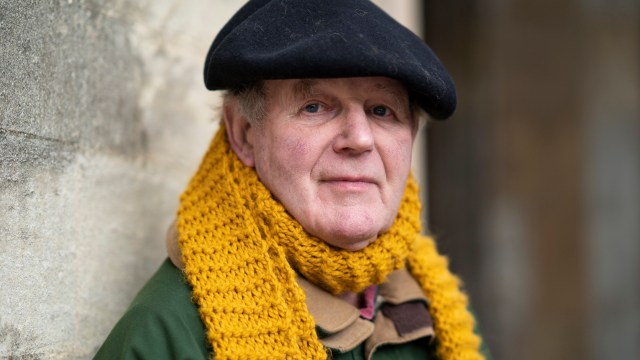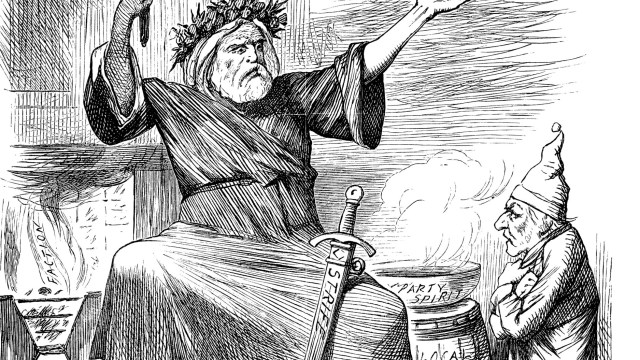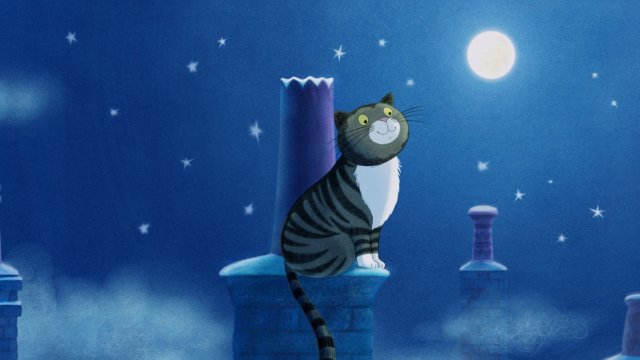
I saw the film Great Expectations, in black and white, way back in the 1960s, at a family Christmas. It was a life-changing experience. It doesn’t matter how many versions of the film I’ve seen, this is the one I remember. It doesn’t matter how many family Christmases I’ve had – about 80 now – this is the family Christmas I remember best.
Let me set the scene: It was 1961. I was 18. I was home, rather unwillingly, for Christmas.
Christmas was always a big deal in our family, too big a deal, with all the rather overdone tradition and ritual. We lived in a musty, dusty old house, where the floorboards creaked, and where in winter the windows iced up inside. We always had many guests at Christmas. There was much jollity and playing of games – charades was favourite. There was also some tension in the air – actually the tension was in the family. It always was.
After the war, the divorce rate multiplied by four quite quickly. Collateral war damage, you could call it. My father was away in Baghdad in 1945 when he received a letter from my mother telling him she wanted to leave him and marry a man she had met and fallen in love with. I was two at the time, my brother four.
As soon as he could, my father – Tony Bridge he was called – came home on compassionate leave to try to persuade my mother not to leave him. He took her on a cycling holiday to Southwold where they had been happy together before the war. They were both actors, travelling the country “in rep”.
Sadly, Tony’s plan didn’t work. My mother would not change her mind. She decided to leave, taking my brother Pieter and me with her. So we found ourselves growing up in a divorced family with a stepfather: one Jack Morpurgo, writer and publisher.
Divorce in middle class England in those days was of course thought shameful. Pieter and I grew up with a new surname, Morpurgo, and soon had a half brother and sister. We were the Morpurgo family.
Pieter and I knew we had a different father, but his name was never mentioned. He became a phantom father, a hush-hush father. We never saw him. If ever we asked our mother about him, as over the years increasingly we did, she would simply refuse to tell us anything about him. “That was then,” she would say. “This is now. Let’s not talk about it.”
Tony, our real father, had made the decision – we later learnt – that he didn’t want to “play” at being our father. Better for us growing up to have a new father, a new family, was the thinking, without a spare father hanging round. Being abroad during most of the war, he hardly knew us, and we did not know him at all.
Jobs in the theatre after the war were difficult to find, so he soon emigrated to Canada, where he found work and great success in Stratford Ontario, and later in the Shaw Festival Theatre in Niagara. We never saw Tony. He was never mentioned. Pieter and I would fantasise about him sometimes, very privately.
By 1961, the family had our first television set. Two channels, black and white, and tiny. It took ages to warm up and flickered constantly, but it was a marvel! Like many families then, we all gathered round this new toy eagerly. My stepfather disapproved and rationed us. But being literary, he did approve of dramatisations of Dickens on the BBC at teatime on Boxing Day.
So with a supply of crumpets piled up on the dish, and keeping warm by the fire, we all settled down to watch Great Expectations – children, aunties, grandparents, all of us. I was sitting in the chair next to my mother, everyone in a state of great expectation. It’s the best opening of any of Dickens’s books. Pip, a young boy living out on the marshes, is taking a shortcut home through the village graveyard on his way home, the evening darkening around him. He is timorous and we are terrified.
Then up from behind a gravestone rears a hideous figure and grabs him by the arm. Most of us know the story and we’re waiting for the moment. It’s Magwitch, the escaped convict, his chains rattling. He has wild eyes, and a face like a wolf. The watching children scream. My mother gasps, and grabs my hand. “Oh my god,” she cries. “It’s your father, it’s Tony!”
One or two step relatives leave the room at once. The genie is out of the bottle. The phantom father is in the room! Soon everyone leaves except my mother and Pieter and me. We watch in silence together. And I’m thinking. “That’s my father?! My father is a very convincing convict. Does he really look like that?”
In our 20s, Pieter and I finally met Tony, became good friends with him, and found our Dad. I last saw him in Niagara at the Shaw Festival. He was 80, still acting. I was there to see him in a play by Arthur Conan Doyle about the last surviving soldier from the Battle of Waterloo. A monologue at 80 and he was word perfect, pitch perfect.
The film of Great Expectations we saw that Boxing Day of 1961 might not have been the great David Lean one, but it was wonderfully done. And Magwitch, of course, was quite magnificent.

